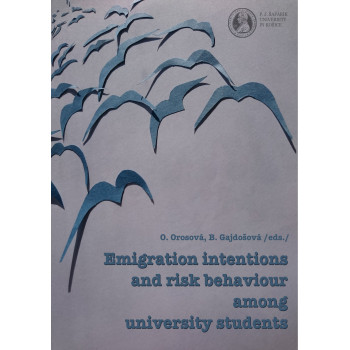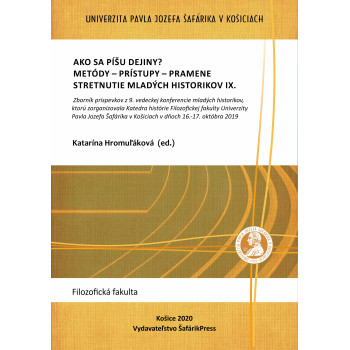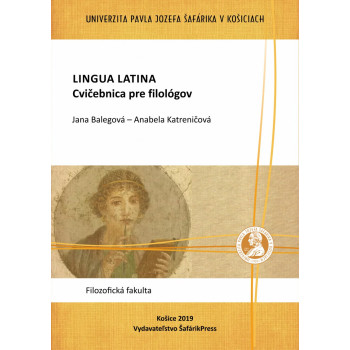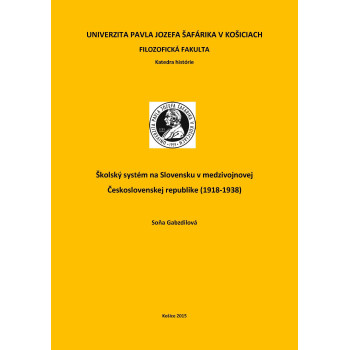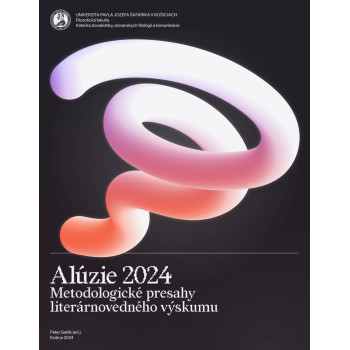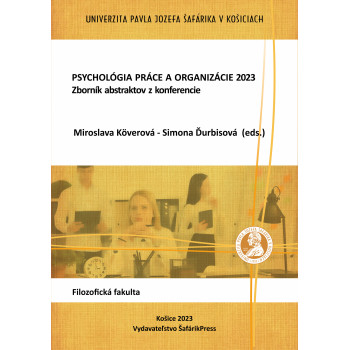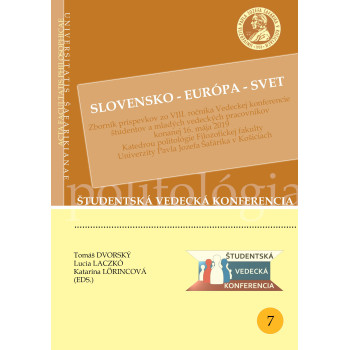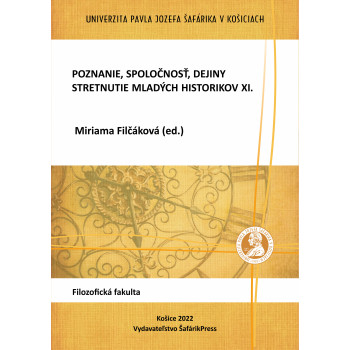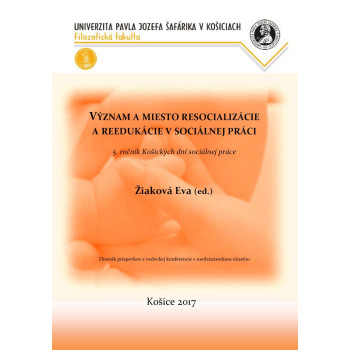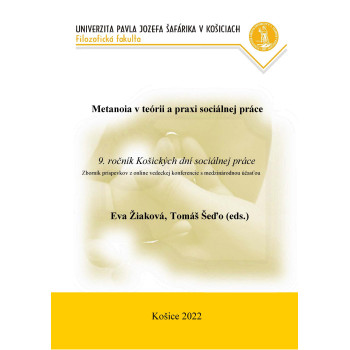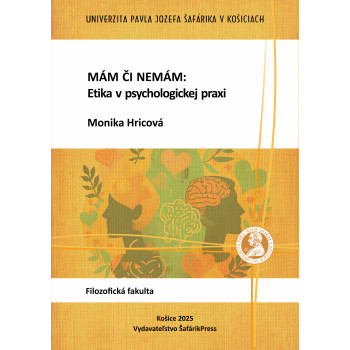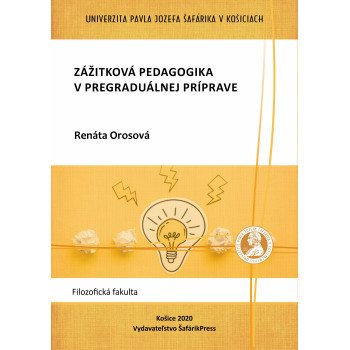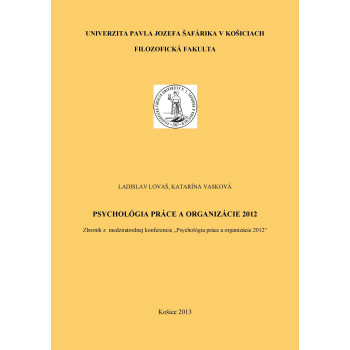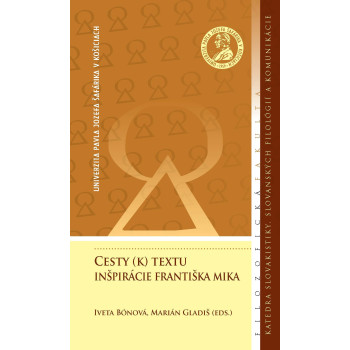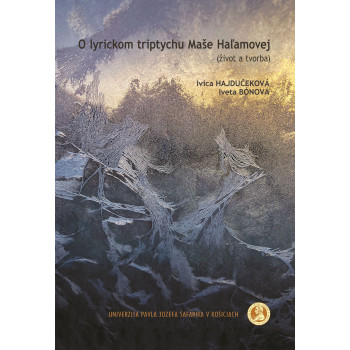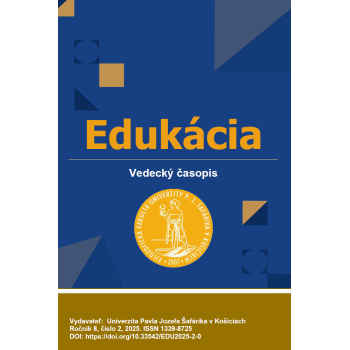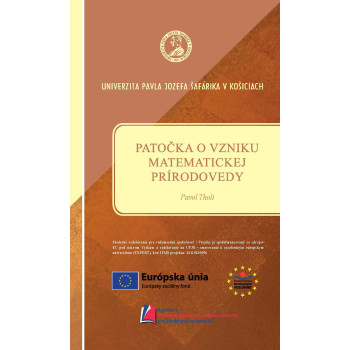
Emigration intentions and risk behaviour among...
E-book
Oľga Orosová - Beáta Gajdošová (eds.)
This publication considers social, economic, political, and psychological indicators of emigration behavior and emigration intentions as appropriate predictors of future behavior.
Theories of motivation and theories of behavioral intentions and their effectiveness are popular in migration research. On the other hand, the Health Belief Model and its adaptation in the research of emigration intentions bring a relatively new and perspective view on this topic.
According to the results presented in this publication, the factors that attract students to emigration (pull factors) are language skills and career opportunities abroad, the desire for change and new experiences, perceived feasibility of emigration, and self-efficacy.



